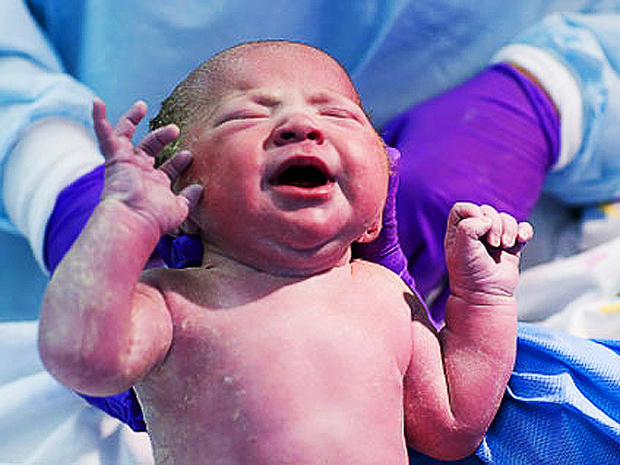Infant mortality study shows U.S. lags other nations
(CBS/AP) Where is it best to be a baby? Not the U.S. Babies born here are more likely to die during the first month of life than babies born in Cuba, Poland, and dozens of other countries, a new study says.
"It's not that things are worse in the United States than before," said Dr. Joy Lawn, a pediatrician in South Africa. "It's that the U.S. isn't making progress like other countries."
The newborn death rate in the U.S. is now 4.3 per 1,000 live births. Because of improvements in infant care in some countries, newborns in Qatar, Croatia and the United Arab Emirates now die at about the same rate.
What's killing the world's babies? The study cited three primary causes: premature birth, asphyxia and severe infections. Each problem can easily be prevented with proper care.
"Training more midwives and other community health workers could save the lives of many more babies," said Dr. Lawn. "We know that solutions as simple as keeping newborns warm, clean and properly breast-fed can keep them alive."
The study, published on Tuesday in the journal PLoS Medicine, covers all 193 member countries of the World Health Organization over 20 years. It shows that from 1990 to 2009, annual newborn deaths decreased from 4.6 million to 3.3 million.
Globally, Afghan babies face the greatest risks, with one of every 19 dying in the first month of life, according to the statistics. India has the greatest number of newborn deaths overall - more than 900,000 annually.
